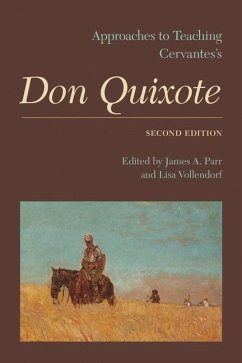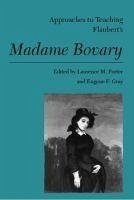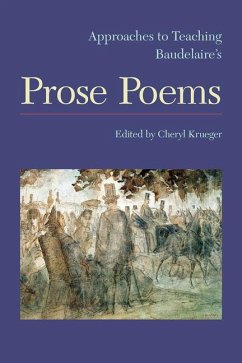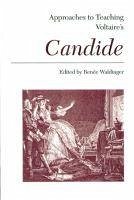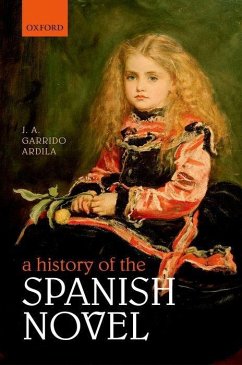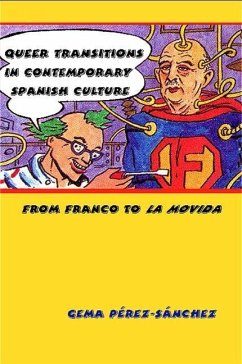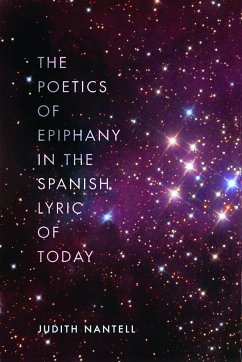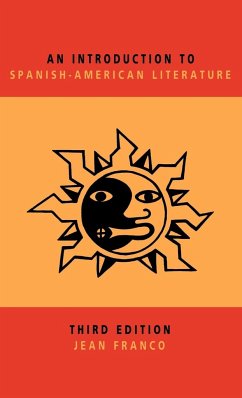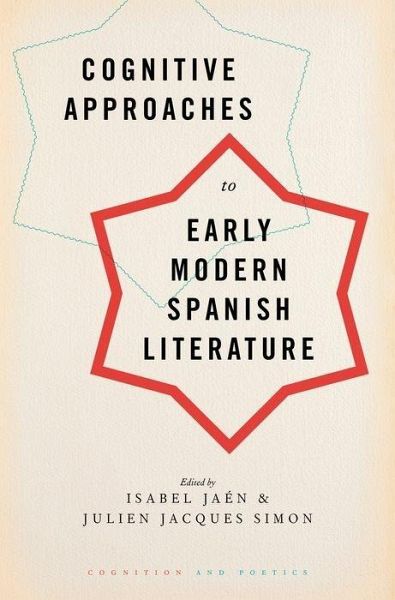
Cognitive Approaches to Early Modern Spanish Literature
Versandkostenfrei!
Nicht lieferbar
Cognitive Approaches to Early Modern Spanish Literature is the first anthology exploring human cognition and literature in the context of early modern Spanish culture. It includes the leading voices in the field, along with the main themes and directions that this important area of study has been producing.






